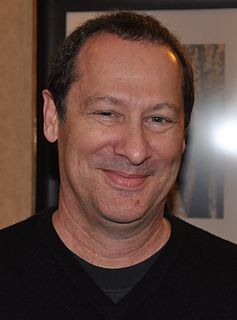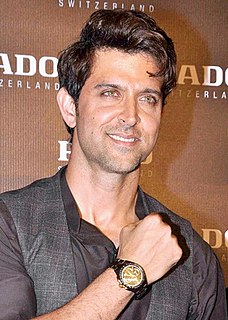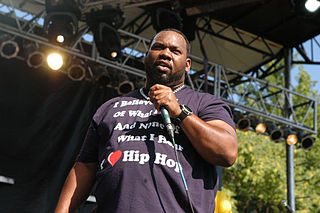A Quote by Dirk Benedict
Anybody can write a film script 'cuz it has been reduced to a formula.
Related Quotes
Before, I was writing a script to make a movie. At a certain point, I became A Writer in Film and Television. So I got TV deals to write stuff, film deals to write stuff. But it's dangerous. I got into the WGA, and I became kind of, you know, a slave! They just pay you to write a script, and it's hard to make the movies.
We love Formula One and think Formula One's great. But we think Formula E is different. We would be making a big mistake if we tried to compete with Formula One and be similar to Formula One, we have to be radically different to Formula One to have a chance of survival. I don't mean survival by beating Formula One but co-existing complimentary to Formula One.
All directors make films in individual ways. But the classical kind of view of filmmaking is that you have a script, and it's very linear. There's a script, then you're going to shoot the script ,and then you cut that, and then that's the end of the film. And that's never really been how I've seen it.
When you start out as an actor, you read a script thinking of it at its best. But that's not usually the case in general, and usually what you have to do is you have to read a script and think of it at its worst. You read it going, "OK, how bad could this be?" first and foremost. You cannot make a good film out of a bad script. You can make a bad film out of a good script, but you can't make a good film out of a bad script.
I stay excited 'cause for me, this is something I love to do. I'm like Coca Cola with it. I been here for a long time, I just gotta keep it nice and stay up to date and also give them that quality taste that they been looking for. It's nothing to me. When you built for it, you born for it, you do it cuz you wanna do it, not cuz you have to.




































